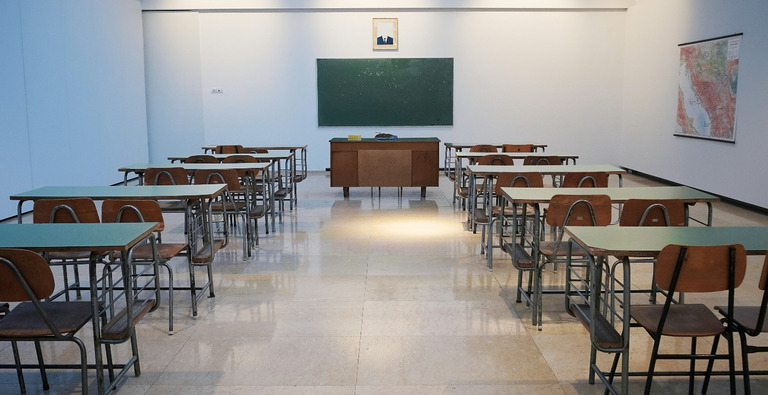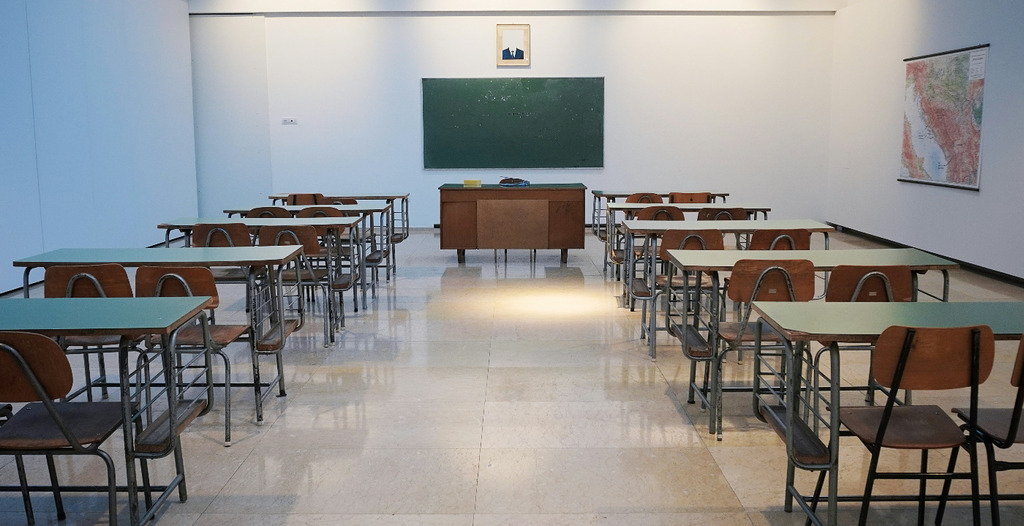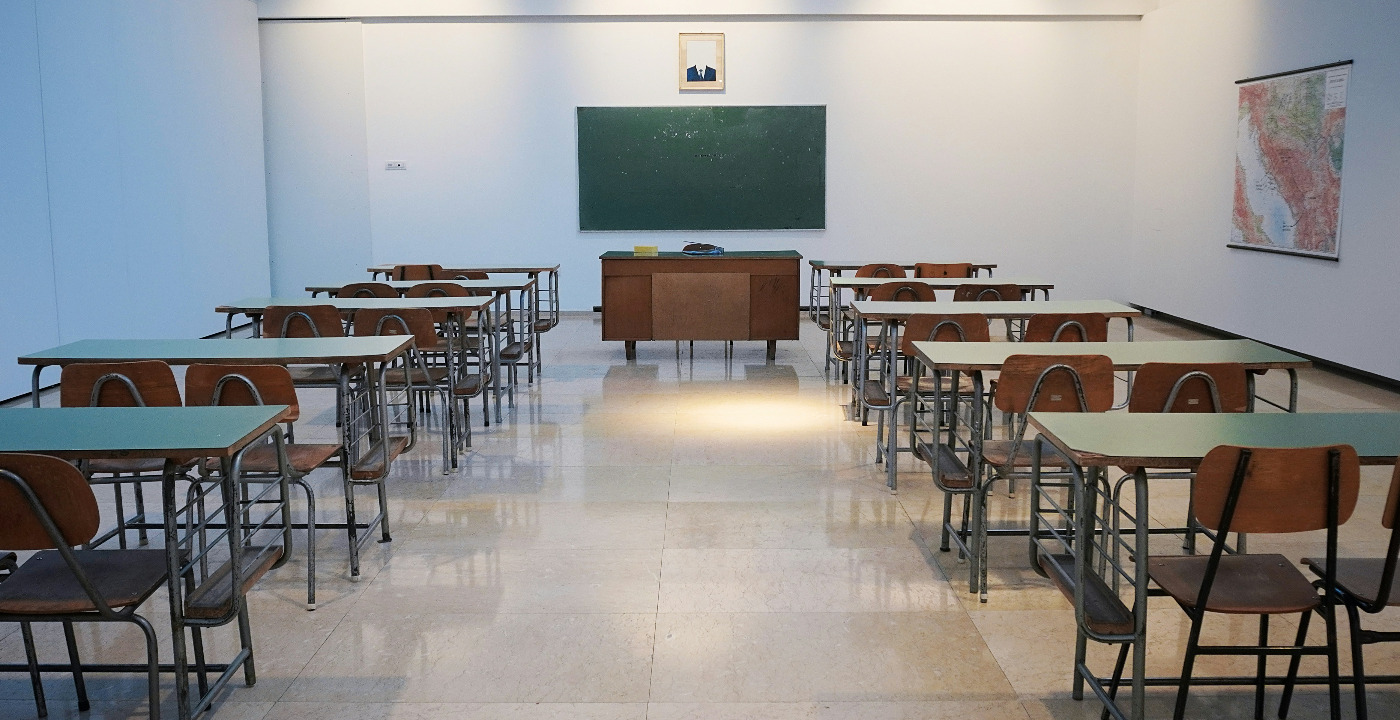For years, I learned a narrow rendition of American history, dominated by male-centric events like the Boston Tea Party and the signing of the Declaration of Independence. However, broadening my view of this history revealed women’s significant yet overlooked contributions.
For example, the Edenton Tea Party in 1774, organized by women to protest the Tea Act, had a significant impact in the Southern colonies. In 1777, Mary Katharine Goddard printed and disseminated the first official copies of the signed Declaration of Independence, helping to garner support for the revolution.
It took me some time to venture outside of the traditional narrative to uncover stories like these. My journey began last year when I watched the Netflix docuseries “TURN: Washington’s Spies,” which depicts the history of George Washington’s intelligence network, the Culper Spy Ring.
I was surprised to learn that the spy ring operated in and around my hometown on Long Island, New York. This realization sparked a deeper interest in my community’s rich revolutionary history.
I discovered The Raynham Hall Museum of Oyster Bay which was the home of Robert Townsend (aka “Culper Jr.”), the lead agent of the spy ring. In my excitement to be standing in the house of Culper Jr., I encountered a new heroine, Liss, whose story is deeply woven into American history. Liss, one of the Townsend family’s slaves, embodied resilience and agency. Her absence in TURN, my textbooks, and history classes piqued my interest.
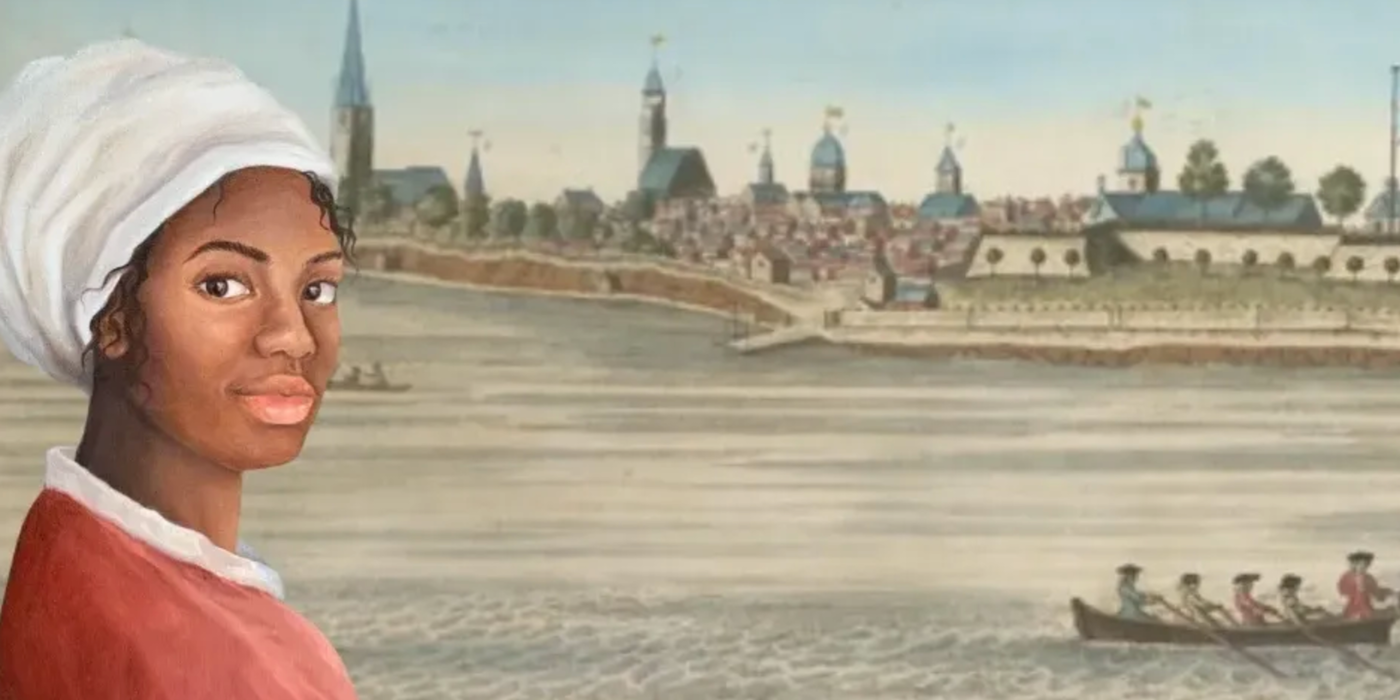
Determined to learn more, I contacted Claire Bellerjeau, the historian who discovered Liss. I read her books, Espionage and Enslavement in the Revolution: The True Story of Robert Townsend and Elizabeth (2021), and Remember Liss (2024). These books, containing primary sources used in her research, gave me a new understanding of the revolution. I learned that Liss may have had a critical role in the Culper Spy Ring. If so, she likely worked with her enslaver, Robert Townsend, to gather intelligence as Agent 355 (the supposed code name of a female agent in the spy ring whose identity is unknown). Or perhaps, Liss aided British Colonel John Graves Simcoe, an ardent abolitionist who helped her escape from the Townsend’s enslavement.
Either way, she played a significant role in America’s founding, just like many other slaves during the time period. Her story is just one of many left untold. To me, she represents the marginalized groups that are nonexistent in my education–the unknown founding figures of America.
Liss had a profound impact on me, so I wanted to share her story with others. I became a part of Remember Liss, Ms. Bellerjeau’s non-profit organization whose mission is to educate people about Liss’ life. I introduced Ms. Bellerjeau to The New Historia so that Liss could stand united with other unrecognized women on this platform. I then made it my mission to amplify her voice in my community.
I presented Liss to my high school’s administration. I spoke with my Assistant Principal/Social Studies Department Coordinator who was fascinated by her story. Ms. Bellerjeau’s books were presented to our history teachers, many of whom were eager to incorporate them into their curriculum. Over many meetings, we planned for Ms. Bellerjeau to visit and speak to the 10th grade Advanced Social Science Research class at my school.
On March 12, 2024, she taught the social science research students about Liss and her research process. She presented fascinating primary documents that vividly portrayed the cruel realities of the time period: an advertisement for a slave whipper, an article demeaning a female slave as "a wench," and a notice of a runaway slave. We read Liss’ name in church records and the Townsend’s Slave Bible. We appreciated these documents as students of history and research. In the research program at my school, each student studies a topic of their choice. The project is driven by our interests and creativity. Ms. Bellerjeau showed us how she began to investigate Liss and how we could do something similar. She inspired us to use primary sources as a way to discover histories that are not always told.
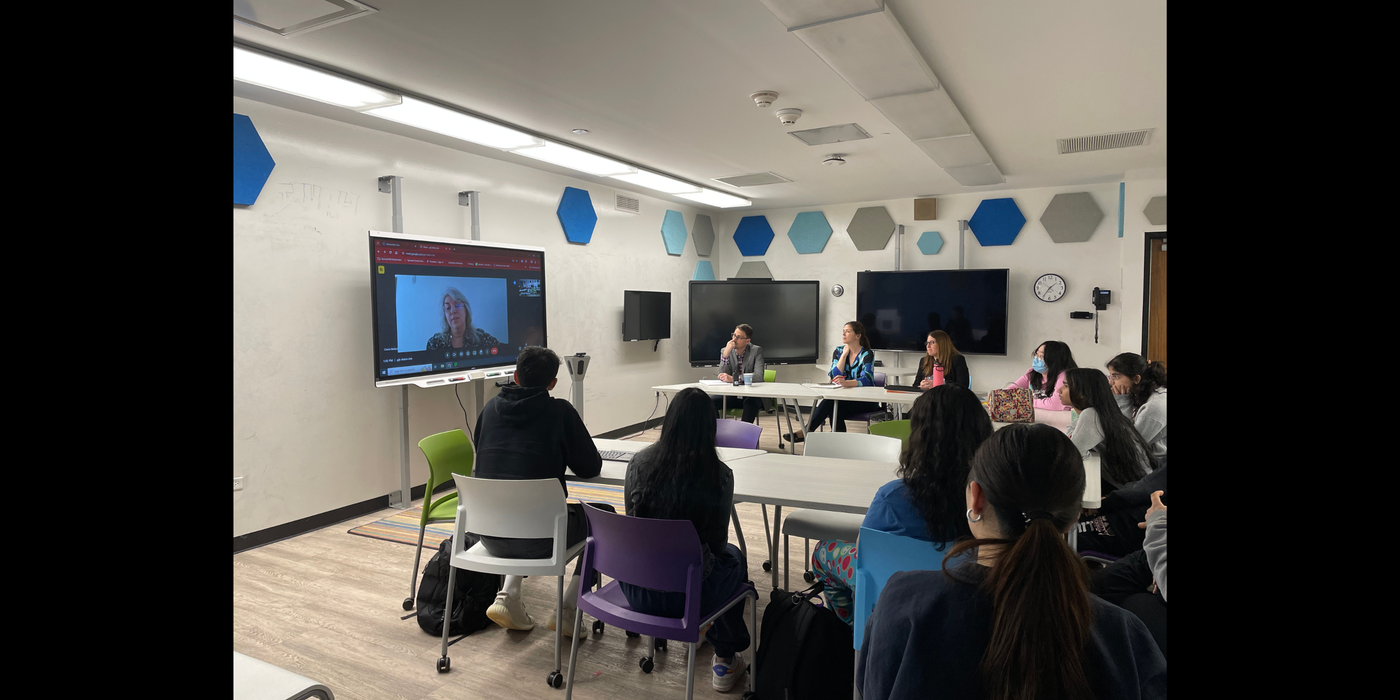
Her presentation prompted a reevaluation of our history curriculum. We began to question why we only learned about slavery in America during the Civil War unit. By doing so, we were erasing hundreds of years of significant American history.
Slavery, we realized, should be addressed as a founding tenant of America. Now, students and teachers have an interest in viewing history through a new lens.
In the Student Curriculum Committee, we encourage the exploration of new perspectives in all disciplines. Our teachers are integrating projects into their classes that will develop this skill.
Currently, Ms. Bellerjeau, my teachers, and I are planning the expansion of Remember Liss in my community. We hope to introduce Liss and the idea of nontraditional historical perspectives in middle and elementary schools. Her story will be taught in eleventh grade US history classes next year. Didactic teaching will be enhanced by visits to historical sites such as Raynham Hall.
In embracing Liss’ legacy, I have learned a great deal about how historical narratives are developed and how they can be reformed. I appreciate the importance of teaching an inclusive view of history with diverse perspectives. I will continue uncovering and sharing the stories of underrepresented figures like Liss. I feel as though Liss has changed me for the better, and I hope she can do the same for others who hear her story.
Nikhil Shah is a high school student from Syosset, NY. As an intern at The New Historia and the nonprofit organization Remember Liss, Nikhil researches and writes about influential yet overlooked women in history. He is also a New-York Historical Society Student Historian. He works to incorporate underrepresented voices into his school’s history curriculum through his roles as Chairperson of the Student Curriculum Committee and President of the Holocaust Remembrance Day Committee. Nikhil is the President of Breaking Borders and co-founder of Syosset U.N.I.T.E., organizations dedicated to fostering inclusivity and eliminating hate through education. Nikhil also serves as the News Editor for his school’s newspaper, The Pulse. His dedication to historical scholarship and community service has earned him awards including the Norma Gold Award for Outstanding Altruism. Additionally, Nikhil is a two-time New York State Boys Tennis Team Champion and an accomplished musician.
